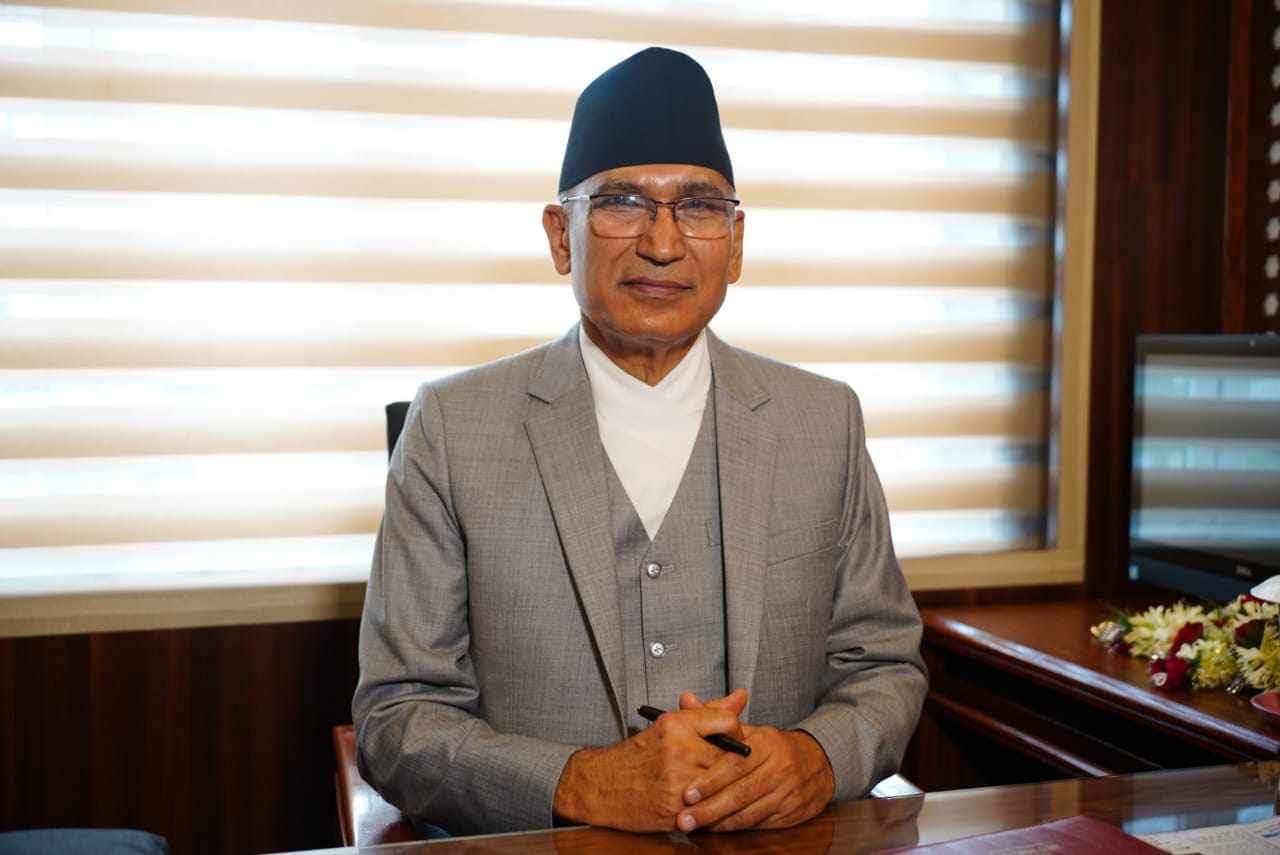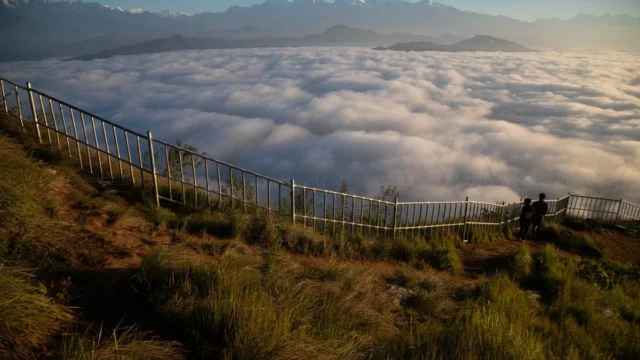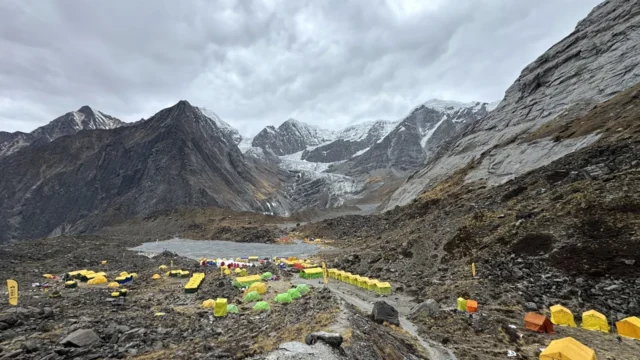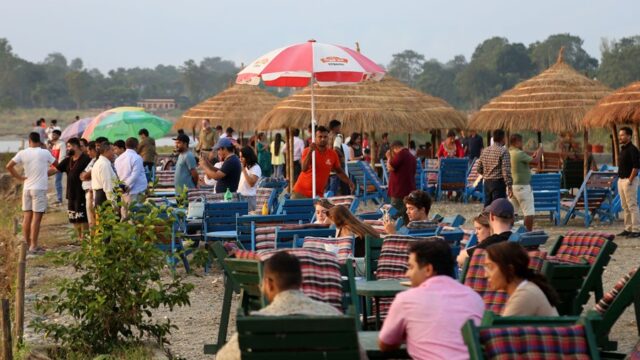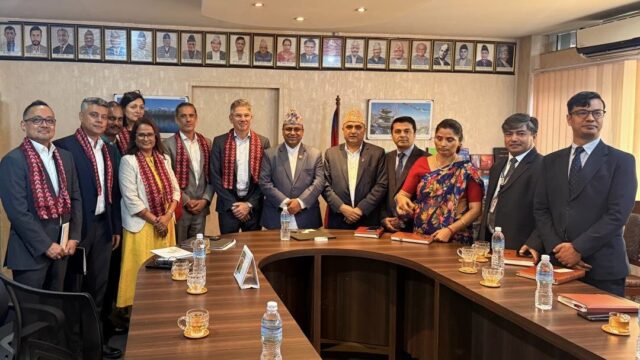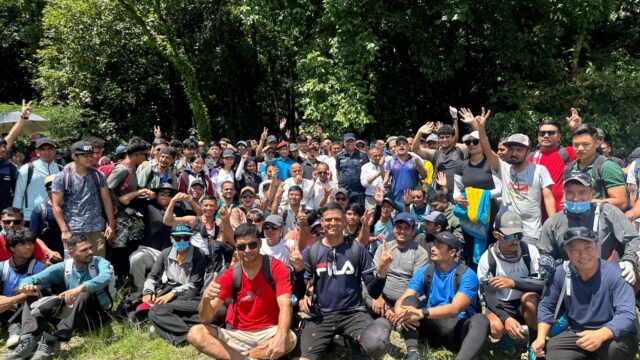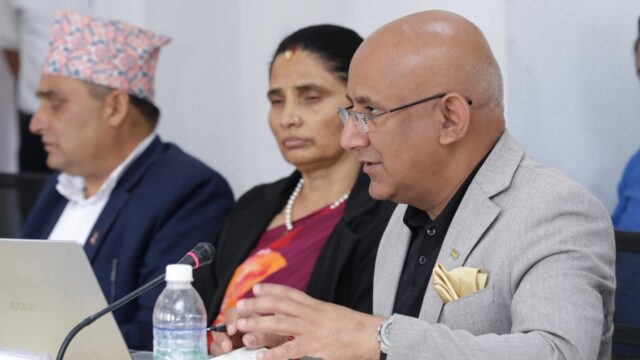In a significant move to reshape the trajectory of Nepal’s tourism sector, leading tourism entrepreneurs and associations have jointly submitted a comprehensive set of suggestions and demands to the Deputy Prime Minister and Finance Minister, Bishnu Prasad Paudel. The aim is to promote Nepal as a sustainable, inclusive, and high-revenue tourism destination on the global stage.
The delegation, consisting of key stakeholders from various exploration-related associations, called for critical policy reforms, tax reliefs, and infrastructure developments to revive and elevate Nepal’s tourism economy, which has struggled in the aftermath of the COVID-19 pandemic.
During the meeting, tourism entrepreneurs presented their case for removing Value Added Tax (VAT) on air tickets entirely, stating that the additional cost discourages both domestic and international travelers. They also demanded the complete elimination of the two percent luxury tax imposed on five-star and high-grade hotels, arguing that such taxes diminish Nepal’s competitiveness in the international hospitality market.
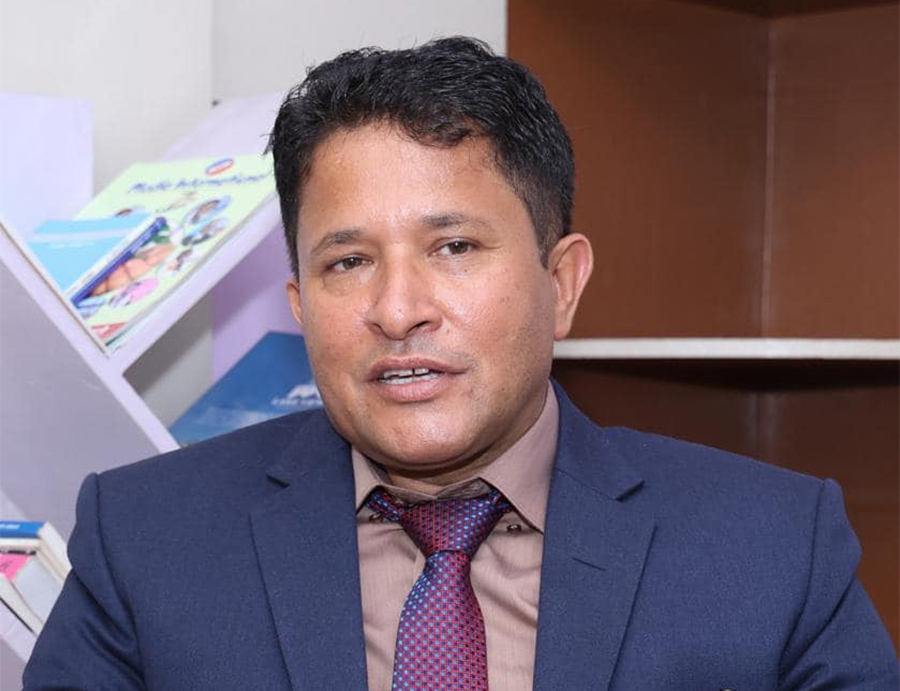
Further, the tourism delegation urged the government to implement the long-proposed Outstanding Tax System on airline tickets to streamline payments and ensure fairness across stakeholders.
Small and medium exploration businesses, which form the backbone of Nepal’s travel industry, were also a major focus of the submission. The representatives demanded easier access to concessional loans, tax exemptions, and policy provisions to guarantee service charges for travel agencies. These measures, they claimed, would provide much-needed financial relief and operational stability for struggling tourism operators.
The entrepreneurs emphasized the need for a long-term and user-friendly passport policy to encourage smooth travel for both locals and foreigners. Additionally, they called for high-level diplomatic coordination to facilitate Kailash Mansarovar pilgrimages, citing the immense spiritual and economic value such journeys hold.

Among the innovative proposals presented was the complete digitalization of the Trekkers’ Information Management System (TIMS). This initiative, they said, would ensure better tracking of tourists, improve safety measures, and create a central database for policymakers and stakeholders.
Insurance policies for foreign trekkers and mountaineers also took center stage in the discussions. The tourism leaders proposed a mandatory travel insurance policy for all foreign tourists involved in trekking and mountaineering activities to ensure better risk coverage and boost confidence among visitors.
The meeting also highlighted the need to provide legal recognition to national trekking trails and invest in their infrastructure, signage, security, and information systems. Special attention was given to the Great Himalayan Trail, which stakeholders proposed to divide into ten separate segments for focused development, promotion, and marketing. Through this initiative, Nepal could position itself as a global leader in adventure trekking tourism.

Further demands included prioritizing immigration improvements at special entry points such as Korala Pass in Mustang, which is seen as a potential gateway for cross-border tourism and trade with China. Stakeholders also urged for the development of these border points into formal immigration and religious tourism hubs, given their strategic and spiritual significance.
Recognizing Nepal’s growing appeal in wellness and spiritual tourism, the entrepreneurs proposed integrating monasteries, meditation centers, yoga ashrams, cultural pilgrimage sites, and trekking routes to create comprehensive spiritual tourism circuits. This holistic approach could unlock a new market segment of wellness-focused international travelers.
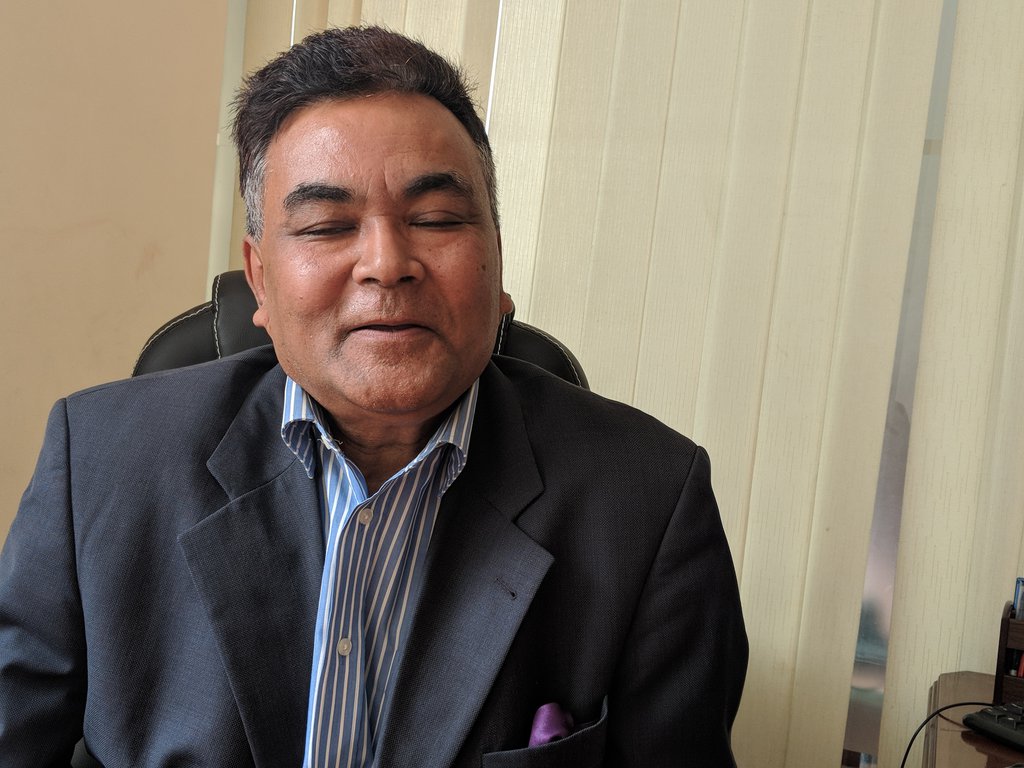
Another pressing concern raised during the meeting was the high electricity tariff imposed on tourism infrastructure such as hotels, resorts, and trekking camps. Entrepreneurs proposed categorizing these entities under industrial power rates to reduce operating costs and stimulate investment in rural and remote areas.
The delegation included prominent figures such as Sagar Pandey, President of Trekking Agencies’ Association of Nepal (TAAN); Nima Nuru Sherpa, President of Nepal Mountaineering Association (NMA); Binayak Shah, President of Hotel Association Nepal (HAN); Kumar Mani Thapaliya, President of Nepal Association of Tour and Travel Agents (NATTA); and NATTA General Secretary Yubika Bhandari, among others.
The united voice of these tourism leaders marks a pivotal moment for the industry, as they continue to push for reforms that will not only revive tourism post-pandemic but also elevate Nepal to new heights in the global tourism landscape. With growing international interest in Nepal’s natural, cultural, and spiritual offerings, stakeholders believe these reforms will help unlock the sector’s full potential and ensure long-term sustainability, job creation, and foreign currency earnings.
